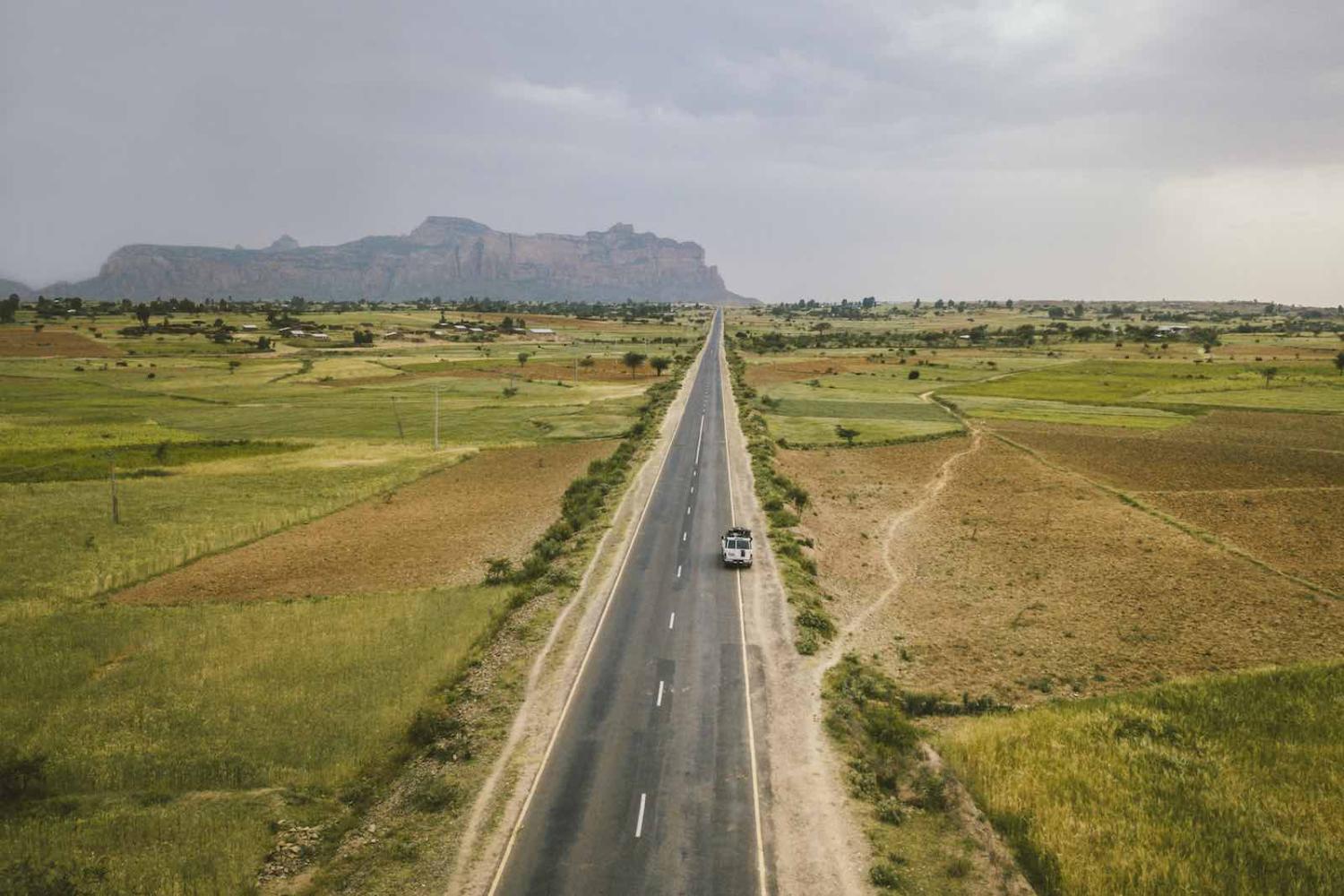- Eromo Egbejule explains how a tweak to an immigration system in a richer country – such as Canada – can negatively impact a developing one by siphoning skilled professionals. Many are highly educated and would likely make outsize contributions to their own state’s economy, tax revenue, and society more broadly.
- An intriguing tale: a local energy provider dismantled an illegal power-selling racket deep inside a Nairobi slum in Kenya, exposing how a Sh300 million World Bank–backed electrification project was taken over by rogue businessmen.
- Does foreign aid work? Are free markets the best path to better lives? Is globalisation good or bad? Terence Wood looks at these three debates of the past 20 years and finds that... we still have no answers.
- The Center for Global Development looks at ways of evaluating aid quality and proposes a revised methodology, combining existing indicators with more contemporary markers.
- Niger has the world’s highest population growth rate, 3.8%, which can pose health risks for children and mothers, detracts from human capital investment, and slows economic growth. The Nigerien government is developing new policies aimed at getting out of the “demographic trap”, where rapid population growth exceeds and overwhelms economic growth.
- VoxDev has a piece explaining why remote communities face a lack of choice of consumer products, often limited to the most basic goods. Taking the example of Ethiopia, the authors point to infrastructure investment as the key to improving consumer welfare.
- Intergenerational mobility – children achieving more than their parents – plays an important role in human development. What countries in Africa have the highest and lowest intergenerational mobility? Elias Papaioannou discusses the results of four years of research into the question.
- “Data is the new oil”, goes a modern cliché. But is this rich resource a blessing or a curse for governments? Jim Brumby and Kai Kaiser try to find answers to this question, highlighting how the World Bank helps developing countries harness domestic data.
Aid links: Brain drain, big data, demographic traps, and more
Links and stories from the aid and development sector.

Tigray region, northern Ethiopia (Photo: Getty Images)
Published 29 Jan 2020
Follow @AlexandreDayant
You may also be interested in
Inspiration from a tiny giant in Southeast Asia might help Australia find a way through multiple diplomatic obstacles.
Some projects will succeed. Others will fail. And in the end, China will likely find the political gain is quite mixed.